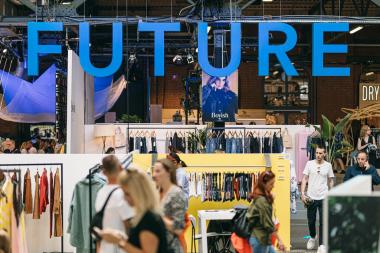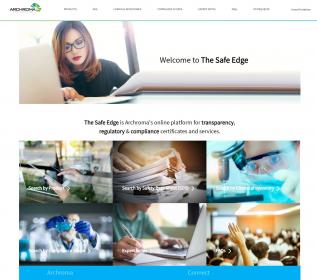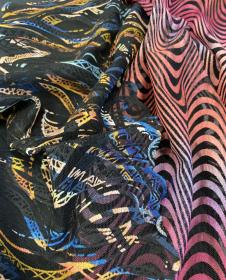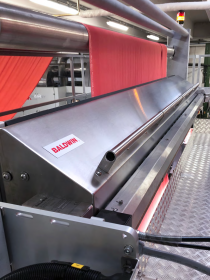SAVE THE DATE: Frankfurt, January 2022
- HIGHER, FASTER, FURTHER ! During the first physical Frankfurt Fashion Week in January 2022, PREMIUM GROUP will show more novelties than ever.
The anticipation is rising! With the actual move to Frankfurt in January 2022, Anita Tillmann, Jörg Arntz and the teams will not only present further developed versions of the PREMIUM and SEEK fashion fairs, but will also celebrate a major B2C festival for the first time with THE GROUND.
More than ever, the Berliners‘ passion for people and fashion, but also for business and trading, is at the heart of all their events. And where better to combine all this than in the power metropolis of Frankfurt am Main.
„No city in Germany - no city in Europe - stands for business relevance and trading power as much as Frankfurt am Main,“ explains Tillmann. „We now have a unique opportunity to actively shape the future together. PREMIUM GROUP provides the industry with the platform, the brands with the creative content. In addition, we do what we do best, introduce the right players to each other and connect them. We bring together the movers and shakers who have the same drive as we do. With this new mix of location, entertainment, creative industry and trading focus, we are creating a unique momentum after the pandemic - January is when the big deals are made and the c ourse is set for the future.“
To achieve this goal, the PREMIUM GROUP teams have also given the proven successful formats PREMIUM and SEEK a new coat of paint. More space, new areas and shorter distances provide visitors with a completely new trade event experience. Trends, brands and events can be discovered together with new and well-known partners - for the first time all in one place!
And PREMIUM, which is already entering its 19th year in January, is also showing a new side in Frankfurt. Instead of being spread out like in Station-Berlin, in Frankfurt all brands show their collections in one big hall. „We are so excited to finally unite all exhibitors in one hall. This way we create a universe with many different worlds - colorful and exciting,“ says Wiebus. „We are in close exchange with all the protagonists throughout the year and continue to develop the concepts together. The entire industry is positive about coming together in Frankfurt. Everyone is keen to experience and create something completely new! We offer the framework for this - that is our strength.“
And the Berliners have another surprise in store for the Frankfurt debut: With THE GROUND, they are organizing a large fashion festival for young end consumers for the first time. Responsible for the event concept, in addition to Tillmann, Arntz and the PREMIUM GROUP- team, is B2C expert Kai Zollhöfer, who already made the Bread & Butter by Zalando a crowd puller. “THE GROUND is a B2C festival aimed at a young, purpose-driven generation. This new generation has a strong stance on current social and environmental challenges and expects brands to reflect them. The overriding themes at THE GROUND are therefore sustainability, diversity and equality”, said Zollhöfer.
The 3-day event offers brands the opportunity to interactively exhibit purpose-driven stories and products. In addition to the thematic focus on fashion, brands from the fields of wellbeing, beauty, mobility and technology will also present innovative products and solutions.
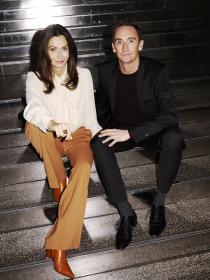 (c) PREMIUM GROUP
(c) PREMIUM GROUP
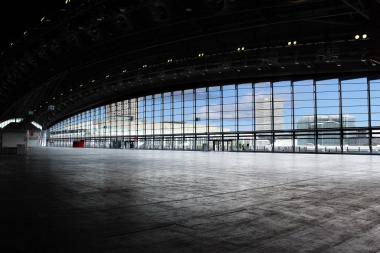 (c) PREMIUM GROUP
(c) PREMIUM GROUP
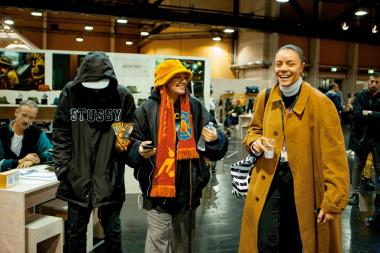 (c) PREMIUM GROUP
(c) PREMIUM GROUP
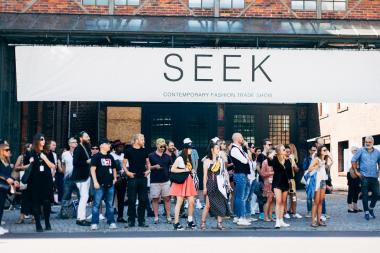 (c) PREMIUM GROUP
(c) PREMIUM GROUP
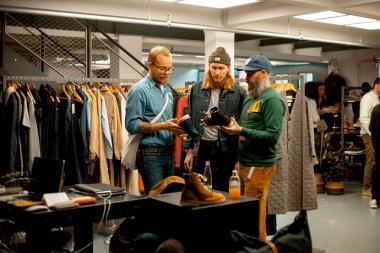 (c) PREMIUM GROUP
(c) PREMIUM GROUP
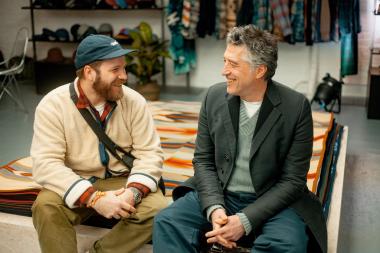 (c) PREMIUM GROUP
(c) PREMIUM GROUP
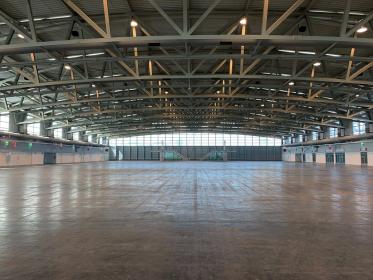 (c) PREMIUM GROUP
(c) PREMIUM GROUP
PREMIUM SEEK, Fashion Week THE GROUND B2CFestival Anita Tillmann Jörg Arntz PREMIUM GROUP Fashion Mode
PREMIUM Exhibitions GmbH


